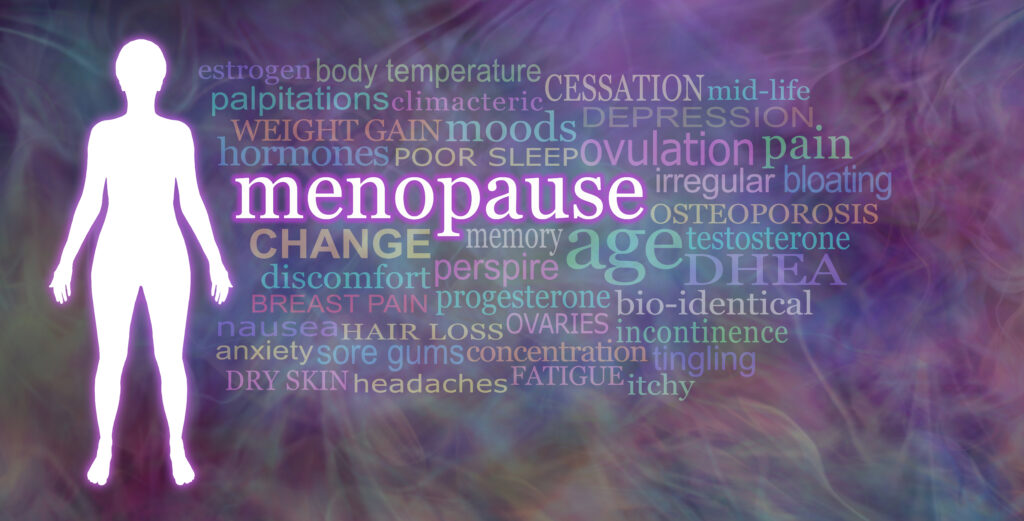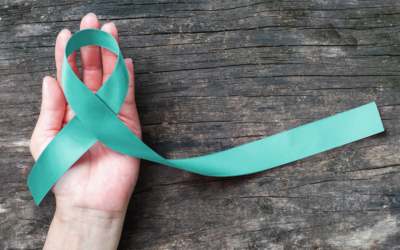Three Steps to Manage Your Menopause: Libido Blues
About The Author: Arianna Sholes-Douglas, MD, FACOG specializes in integrative women’s health, intimate wellness, and hormone replacement therapy.
One of the most common complaints I hear from patients as they experience their perimenopause/menopause journey is the impact that hormonal fluctuations have on their intimate lives. I wish I had a dollar for every 40+ year old woman who asked me where her libido went. The first question I always ask is, “Do you like your partner?” I explain how our brains are our biggest and most important, sexual organ, and without its cooperation, this party really cannot get started. Relationship issues and feelings of resentment around responsibilities in the house and child rearing are counterproductive to intimate wellness. Low energy, feelings of overwhelm, managing households, children, and work are unfortunately some of the most common pleasure deniers.
A decrease in estrogen and testosterone can definitely impact a woman’s libido. But a woman’s libido is impacted by so much more than just hormones. For starters, libido, almost requires that we are in our parasympathetic state. The parasympathetic nervous system is a part of the autonomic nervous system that consist of both parasympathetic and sympathetic nerves. The parasympathetic aspect allows for us to rest, relax, and even digest our food. However, the average woman lives her life a little closer to the sympathetic or “fight or flight“ side of the spectrum. Fatigue is also a huge barrier to a healthy libido. Sleep disturbances, mood swings, and vaginal dryness combined are also potential showstoppers. A healthy lifestyle can only improve issues around intimate wellness.
- Consider regular exercise and stress reducing activities, such as prayer, meditation, yoga, or just having fun! Exercising in and of itself helps with increasing testosterone levels and definitely reduces stress.
- Focus on “decompressing“ for about 30 minutes before you consider engaging in any intimate activity. It takes time to download and offload all of the stressors of the day. Communicate with your partner! I still have to remind my husband sometimes that talking about the bills during our cuddle time is instant buzz kill.
- Be intentional about your intimate health. I know it doesn’t sound sexy, but given the average demands of our lives, pleasure sometimes needs to be scheduled. Otherwise, the rest of life will find a way to fill in that gap. Give yourself permission to put pleasure on your to do list.
Our pursuit of pleasure can sometimes feel selfish, or something to put on the back burner. But in actuality, experiencing pleasure, especially in the midst of what the average person deals with on a daily basis, can be just what the doctor ordered. Research has demonstrated that a healthy sex life can help with depression, anxiety, self-esteem, heart health, and better sleep just to name a few.



